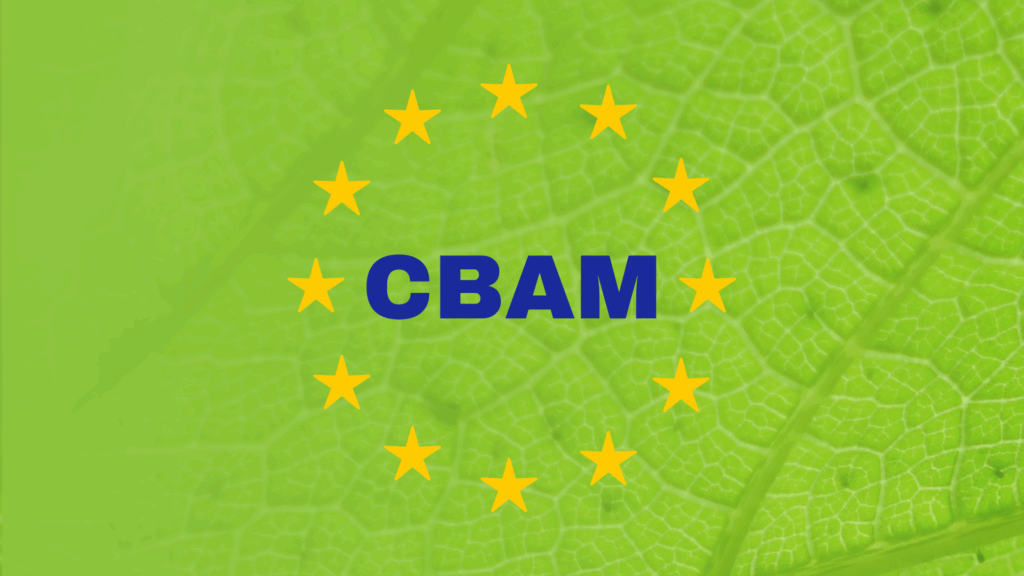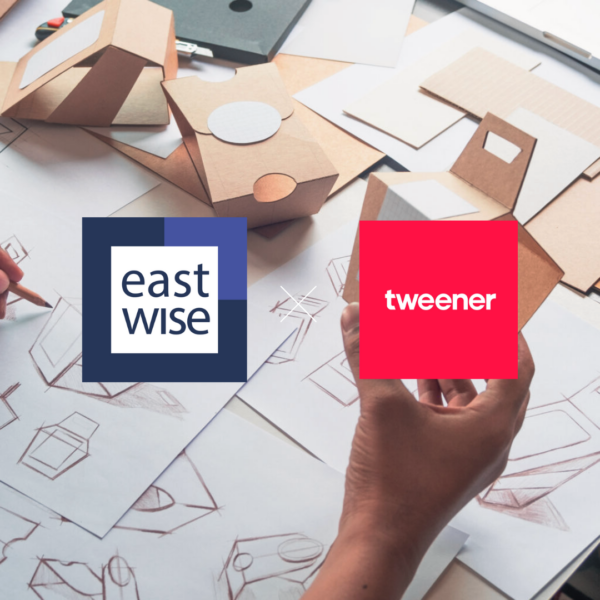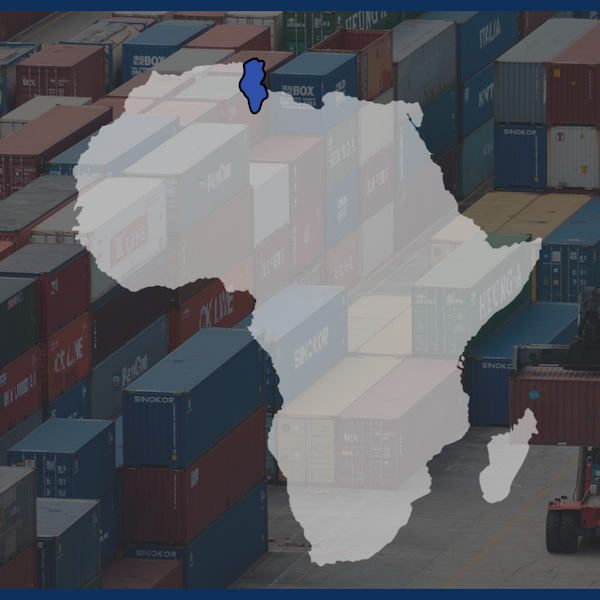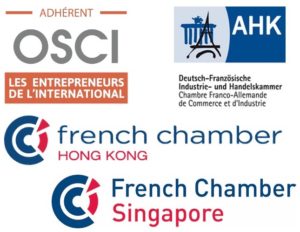Last updated on May 8th, 2025 at 10:18 am
1. Reminder: what is the CBAM?
The CBAM (Carbon Border Adjustment Mechanism) is a European Union measure designed to combat ‘carbon leakage’. Check out this recent article, the aim is to charge a carbon price equivalent to that applied to European companies on imports of certain products with high CO₂ emissions.
In practice, this means that importers of materials such as steel, aluminium, cement or fertiliser must:
- Calculate the carbon emissions associated with their imports;
- Purchase CBAM certificates proportionate to these emissions;
- Declare these data annually to the European Commission.
A transition phase has been underway since 2023. The final entry into force of CBAM is scheduled for 2026, but the rules are already evolving.

2. What does the February 2025 Omnibus package change?
On 26 February 2025, the European Commission announced a series of adjustments as part of its first Omnibus package. The aim is to simplify the implementation of CBAM and reduce the administrative burden for importers.
At EASTWISE, our Quality Director Jay Ren attended a webinar dedicated to these changes. Here are the key changes to remember – and what they mean for you.
CBAM: what’s new
1. An exemption threshold of 50 tonnes
Importers are now exempt from CBAM declaration if the total volume imported per year is less than 50 net tonnes.
👉 This is a major relief for small businesses and SMEs
2. Delegation of declaration possible
An importer can designate a third party as “CBAM declarant”, without official accreditation. EASTWISE can take on this role for its clients, with their formal authorisation.
⚠️ The declarant remains legally responsible for the data transmitted.
3. Simplified calculation of emissions
Certain emissions linked to downstream processing (aluminium, steel) are no longer taken into account.
The default values no longer require verification by a third party.
👉 Easier and less costly procedures for importers.
4. Reporting deadline extended
The deadline for submitting the annual CBAM declaration has been extended from 31 May to 31 August, giving companies extra time to compile their data.
5. Fewer certificates to be purchased
- The minimum rate of certificates to be held has been reduced from 80% to 50% of reported emissions.
- Data from the previous year can be re-used for the same products/countries.
- The carbon price paid in a third country (other than the country of origin) is now taken into account when reducing the certificates to be purchased.
- The official sale of CBAM certificates is postponed until 1 February 2027.
👉A significant reduction in the financial burden for importers.
What this means for you
These adjustments mark a clear desire on the part of the European Union to make CBAM more accessible, particularly to small structures and companies that are not specialists in calculating emissions.
For EASTWISE customers, this means:
- More regulatory flexibility
- Less administrative burden
- Easier procedures thanks to tailored support
EASTWISE can act as your CBAM registrant
Good news: no specific accreditation is required to be designated as a CBAM registrant. EASTWISE can therefore fulfil this mission for its customers, ensuring the compliance of declarations and the quality of data transmitted.
📩 Let’s talk about it!
Are you concerned by CBAM? Do you have any questions? Would you like to delegate your declaration to a trusted partner?
Our teams are at your disposal.




